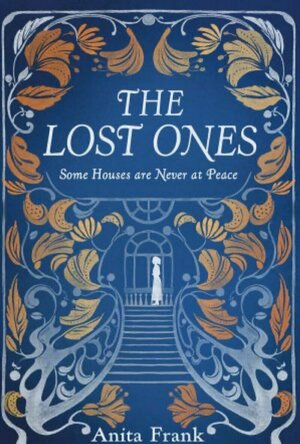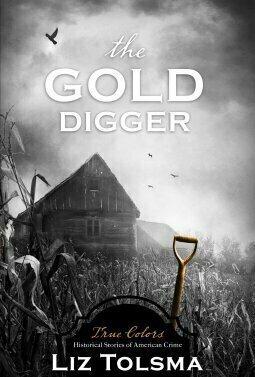Merissa (13749 KP) rated Shades of Milk and Honey (Glamourist Histories, #1) in Books
Dec 17, 2018
This is a world where ladies are still set to 'marry well', come out in Society and become spinsters if they are not married within a seemly time. Jane is roughly the age where she can be a chaperone, rather than being chaperoned, and she is quite content with this although she does have her eye set on someone. Unfortunately he seems rather more attracted to her sister, the beautiful Melody. However, as we all know, although the surface may be calm in these books, the passion runs deep. Before she knows it, Jane is at the heart of secrets and trying to do her best by everyone.
I thought this book was very well written, which characters that you can associate with. You are left guessing right until the end as to how this will work out for everyone. Mary Robinette Kowal has done a wonderful job of keeping the story moving along but still giving you time to adjust to the period in which it is set. A lovely light read perfect for any historical fiction fans out there.
ClareR (6062 KP) rated The Lost Ones in Books
Dec 3, 2019
I loved this book! it made me jump, gasp out loud and burst out in nervous laughter. It's worth bearing in mind that I was on a long train journey as I was reading this, so there are probably a number of people between Skegness and Chester who either think I'm a little unhinged, or are dying to know what I was reading (I'm considering wearing some sort of badge on long train journeys, that says 'currently reading (insert book name here)'. I'm sure it'll explain to people my frankly erratic behaviour in cases like this.).
Anyway, this book deserves any hype it gets, and I strongly suggest that if you're a fan of historical fiction with a gothic bent, you go out, buy and read this immediately. And read it in public. I can't always be the one to show herself up like this.
Many thanks to NetGalley and HQ for my copy of this book.
Race on the QT: Blackness and the Films of Quentin Tarantino
Book
Winner, Ray Pat Browne Award for Best Reference/Primary Source Work in Popular and American Culture,...
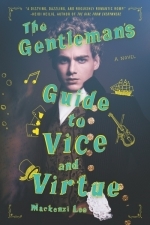
Gentleman's Guide To Vice And Virtue
Book
SIMON VS. THE HOMOSAPIENS meets the 1700s in this hilarious and swashbuckling standalone teen...
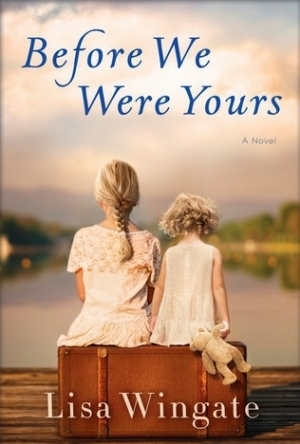
Before We Were Yours
Book
Memphis, 1939. Twelve-year-old Rill Foss and her four younger siblings live a magical life aboard...
Historical fiction
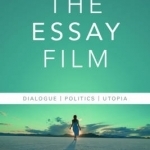
The Essay Film: Dialogue, Politics, Utopia
Elizabeth Astrid Papazian and Caroline Eades
Book
With its increasing presence in a continuously evolving media environment, the essay film as a...
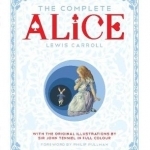
The Complete Alice: Alice's Adventures in Wonderland and Through the Looking-Glass and What Alice Found There
Lewis Carroll and John Tenniel
Book
The Complete Alice, including both Alice's Adventures in Wonderland and Through the Looking-Glass...

The Teleportation Accident
Book
LONGLISTED FOR THE 2012 MAN BOOKER PRIZE AN OBSERVER BOOK OF THE YEAR A DAILY TELEGRAPH BOOK OF THE...
Jane Austen's Transatlantic Sister: The Life and Letters of Fanny Palmer Austen
Book
In 1807 genteel, Bermuda-born Fanny Palmer (1789-1814) married Jane Austen's youngest brother,...
Lindsay (1793 KP) rated The Gold Digger (True Colors #9) in Books
Nov 23, 2020
Why does the town seem to pick on a guy named Ray? Ingrid seems a bit naive about what her sister is doing but she loving her sister and children. Is her sister Belle a murder or looking for easy money? The town seems to think nothing of it when men go missing or think they just leave suddenly.
We do see that Ingrid and Nils seem to connect after meeting each other. They seem to take their time getting to know each other and courting. The plot of this story is deep and detailed. The story is done well. It just seems like found out who the killer is quite quickly. It just seems that Nils had to convince Ingrid and the town sheriff or the real killer and not the one they keep pulling in to question.
There are some surprises when it is all revealed and solved. Though there is still a twist at the end as well. There seem to be a mystery and lots of crimes. This is good in the sense that it tells some history of American crime and historical fiction and crime. It is a true crime. I rate this 4.5 Moons (stars).

